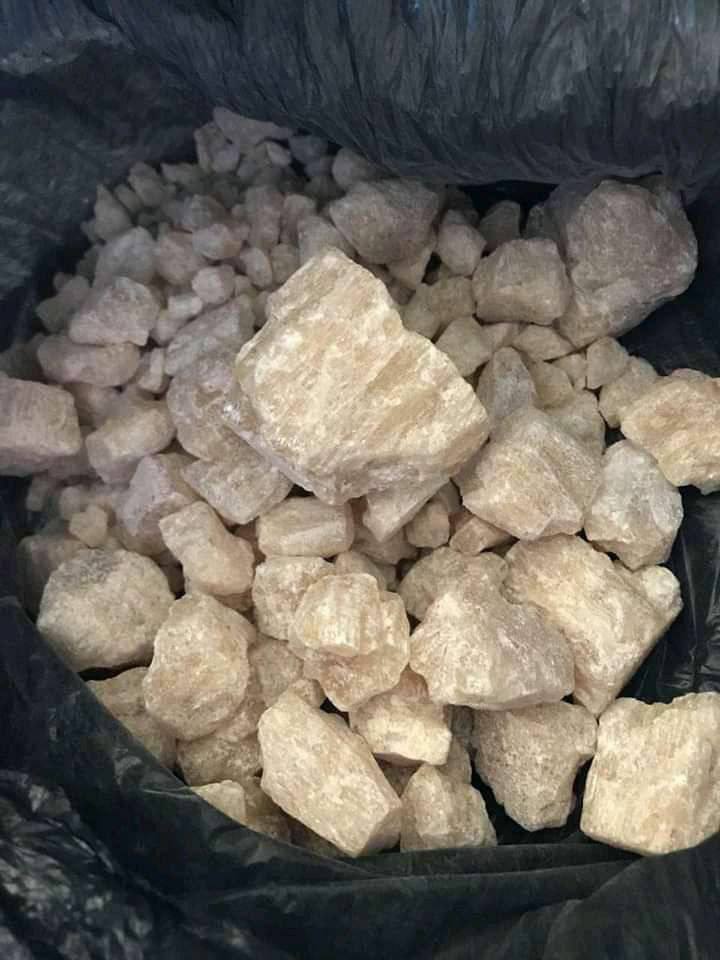Introduction
Mental health disorders such as post-traumatic stress disorder (PTSD), anxiety, and depression remain some of the most challenging conditions to treat. While conventional therapies and medications have helped millions, a growing number of patients have found limited relief from traditional interventions. This has led to a resurgence of interest in psychedelic-assisted therapy, particularly with substances like MDMA (3,4-methylenedioxymethamphetamine), which has shown great promise in clinical research for improving emotional regulation, reducing trauma responses, and enhancing interpersonal connection.
Today, platforms such as UKMUSHROOM.UK are helping to make discussions around safe and responsible access to psychedelic therapy more transparent, while providing information about plant-based and psychoactive wellness alternatives such as magic truffles and mushroom edibles.
Understanding MDMA’s Therapeutic Potential
MDMA is a synthetic compound that increases serotonin, dopamine, and oxytocin levels in the brain—chemicals responsible for mood, reward, and emotional bonding. When used under professional supervision, these effects can help patients revisit and process traumatic experiences without the overwhelming fear or anxiety that typically accompanies them.
Clinical trials funded by organizations such as the Multidisciplinary Association for Psychedelic Studies (MAPS) and reviewed by health authorities cited by Wikipedia (ukmushroom.uk), show that MDMA-assisted psychotherapy can significantly reduce PTSD symptoms. Many participants who completed therapy no longer met the diagnostic criteria for PTSD months later.
The Role of MDMA in PTSD Treatment
PTSD affects millions globally, particularly veterans, abuse survivors, and victims of disaster or conflict. Traditional treatments—like cognitive behavioral therapy or selective serotonin reuptake inhibitors (SSRIs)—often take months to work and can leave patients emotionally detached.
MDMA-assisted therapy takes a more holistic approach. The substance helps individuals access traumatic memories while maintaining emotional stability. Under controlled conditions, this process enables emotional release and reprocessing, reducing the burden of trauma. This is why MDMA is increasingly seen as a “breakthrough therapy” by the FDA in the United States.
For those exploring complementary options, UKMUSHROOM.UK offers insight into natural pain relief and psychedelic microdosing options, while WorldScientificImpact.org continues to promote scientific understanding and ethical research around these therapies.
Exploring Other Psychedelic and Natural Alternatives
In addition to MDMA, other psychedelic substances are gaining attention for their therapeutic potential. Products such as ibogaine and mescaline cacti are known for their roles in addiction recovery and deep emotional introspection. Likewise, mushroom grow kits allow individuals to understand and cultivate psilocybin mushrooms for educational and research purposes under legal jurisdictions.
These natural and synthetic compounds share a common goal—helping patients reconnect with themselves and break cycles of trauma, addiction, and emotional isolation.
Benefits of MDMA Therapy
- Enhanced Emotional Connection: MDMA fosters empathy, trust, and compassion, allowing patients to safely process trauma with therapists.
- Reduced Fear Response: By lowering amygdala activity, patients can confront painful memories without panic.
- Sustained Improvements: Many report long-term relief from PTSD symptoms, anxiety, and depression.
- Personal Growth: Patients often experience renewed self-acceptance and emotional clarity after therapy.
You can explore supportive products and supplements for emotional and physical well-being through UKMUSHROOM.UK’s diverse catalog of fresh mushrooms and natural psychoactive options.
Risks and Considerations
While the benefits are promising, MDMA therapy is not without risk. It can cause temporary increases in blood pressure, heart rate, and body temperature. Unregulated use outside clinical settings carries risks such as neurotoxicity, dehydration, and psychological distress. Therefore, it is essential that MDMA is only used under professional supervision.
Ethical and responsible access is critical, and informational platforms like WorldScientificImpact.org and UKMUSHROOM.UK emphasize education, research, and safety.
Future of MDMA in Mental Health
As more research confirms MDMA’s potential, countries across Europe and North America are beginning to reconsider their drug policies. The path toward legalization for therapeutic purposes looks promising, but safety, training, and accessibility remain top priorities.
Innovative online communities like buyoneupmushroombar.us also contribute by spreading awareness of responsible psychedelic use, helping bridge the gap between science, society, and ethical wellness practices.
Conclusion
The future of MDMA-assisted therapy lies in its ability to blend compassion with science. With ongoing research and regulated access, MDMA could transform how we treat mental health disorders like PTSD, anxiety, and depression.
For trusted and informative access to related products, resources, and safe research alternatives, visit UKMUSHROOM.UK—a leading hub for psychedelic education and wellness innovations in the UK and Europe. Complement your knowledge by exploring reputable resources such as Wikipedia (ukmushroom.uk), WorldScientificImpact.org, and buyoneupmushroombar.us.

No Responses